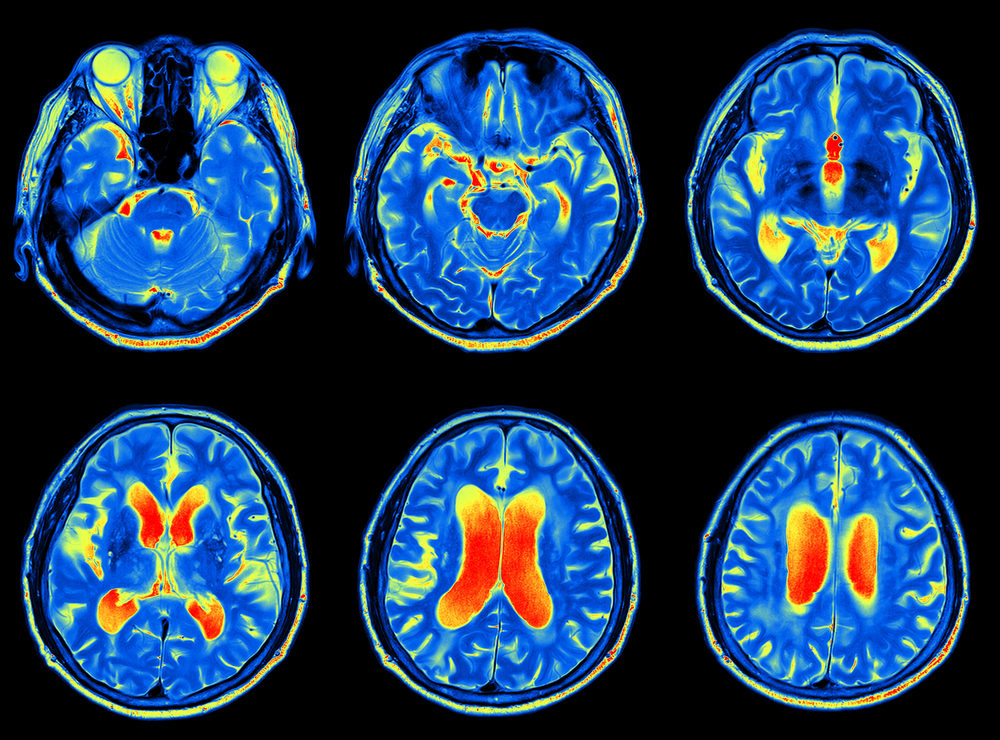
Fascinating Brain Facts part 2
Fascinating Facts About the Brain – Part 2
In part one of Fascinating Facts About the Brain, we looked at the complexity and main characteristics of the brain. We looked at the human brain size and established
that it is not correlated with intelligence. Let’s discover today more
fascinating facts about this incredible organ in the human body.

1. The human brain is
comprised of 60 percent fat. In fact, the brain is regarded as the fattest
organ in our entire bodies. This is the highest concentration of fat that is
present in a single organ in a healthy human being.
2. 75% of the total brain mass
is comprised of water. This water regulates various functions in the brain.
This is different from the “Water on the Brain” disease, known medically as
“hydrocephalus”. Hydrocephalus is a condition in which fluid
accumulates in the brain, typically in young children, enlarging the head and
sometimes causing brain damage.
3. Our brain consumes
approximately 20% of the energy in our body, more than any other organ. Because
the brain demands such high amounts of energy, the foods we consume greatly
affect brain function, including everything from learning and memory to
emotions. Just like other cells in the body, brain cells use a form of sugar
called glucose to fuel cellular activities. This energy comes from the foods we
consume daily and is regularly delivered to brain cells (called neurons)
through the blood.
4. We use 100% of our brains
to complete daily tasks like walking to work and breathing. Motor function,
speech, and other utilities of the brain require every square inch of the
cerebrum, cerebellum, frontal lobes, etc. Modern brain scans show activity
coursing through the entire organ, even when we’re resting. A 2013
survey conducted by the Michael J. Fox Foundation (MJFF) revealed that 65
percent of survey respondents were under the impression that humans only use 10
percent of their brains. This is a simply a myth.
5. There are on average 86
billion neurons in the human
brain, according to a 2009
study published by Azevedo Fa. Prior to this study, neuroscientists would
say that there are about 100 billion neurons in the human brain. Interestingly,
no one had ever published a peer-reviewed
scientific paper supporting that count. Rather it’s been informally
interpolated from other measurements. The neuron is the basic working unit of
the brain, a specialized cell designed to transmit information to other nerve
cells, muscle, or gland cells.
6. A newborn human baby’s
brain weighs approximately 350 to 400 grams (0.77 to 0.88 pound). At one year
of age the brain weighs 1,000 grams (1.2 pounds). By 2 years of age the brain
has reached 80 percent of its adult size. By 18 years of age the brain has
reached its adult weight of 1,500 grams (3.3 pounds).
7. There are 100,000 miles of
blood vessels inside our brains. A blood vessel is a tubular structure carrying
blood through the tissues and organs; a vein, artery, or capillary. Humans have
the largest brain to body ratio of any animal, and the blood vessels in the
brain.














